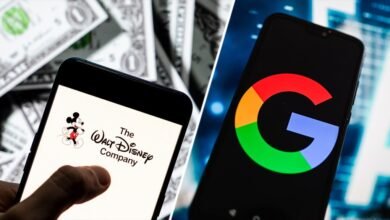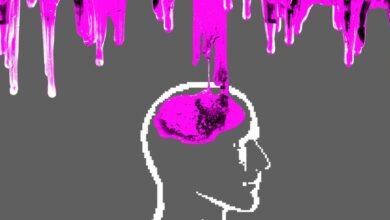Disney & Universal Sue Midjourney in Major AI Copyright Battle

▼ Summary
– Disney and Universal have jointly sued Midjourney, a leading AI image generator, over intellectual property concerns.
– This lawsuit marks the first time major Hollywood studios with significant financial resources have directly targeted a genAI company for copyright infringement.
– Unlike previous cases like The New York Times vs. OpenAI, both Disney and Universal are active users of AI technology themselves.
– The studios accuse Midjourney of enabling plagiarism by allowing users to generate unauthorized images of iconic characters like Darth Vader and Shrek through simple prompts.
– The case could set important precedents for the boundaries between generative AI and intellectual property rights.
The entertainment industry is bracing for a landmark legal battle as Disney and Universal take on AI image generator Midjourney in a high-stakes copyright lawsuit. This unprecedented case could set new precedents for how intellectual property laws apply to generative artificial intelligence technologies.
What makes this lawsuit stand out from previous AI-related legal disputes is the sheer financial and legal firepower behind it. Unlike earlier cases involving media companies and tech firms, this marks the first time major Hollywood studios with deep pockets have directly challenged an AI company over alleged copyright violations. Interestingly, both Disney and Universal actively use AI in their own operations, adding complexity to the confrontation.
The studios accuse Midjourney of operating what they describe as a “plagiarism factory” that effortlessly produces unauthorized depictions of beloved characters. According to court filings, users can generate images of protected intellectual property, from Darth Vader to Elsa and Shrek, with nothing more than a simple text prompt. The lawsuit argues this functionality undermines decades of creative investment while violating copyright protections.
Legal experts suggest the outcome could influence how AI companies train their models and what safeguards they implement to prevent misuse. With billions in intellectual property at stake, the entertainment giants appear determined to establish clear boundaries around AI-generated content. The case also raises broader questions about fair use in the digital age, particularly when technology can replicate protected works with alarming accuracy.
As the lawsuit progresses, industry watchers predict it may prompt other content creators to reevaluate their stance on AI tools. The decision could ultimately shape whether generative AI evolves as a collaborative tool for artists or remains mired in legal challenges over originality and ownership.
(Source: COMPUTERWORLD)





